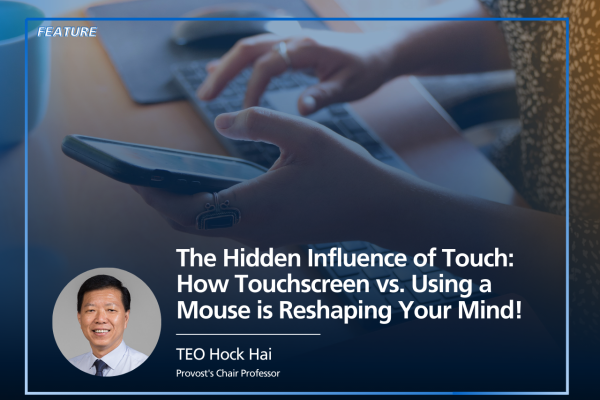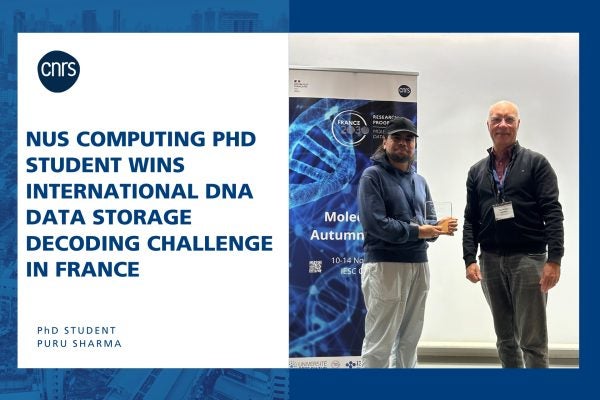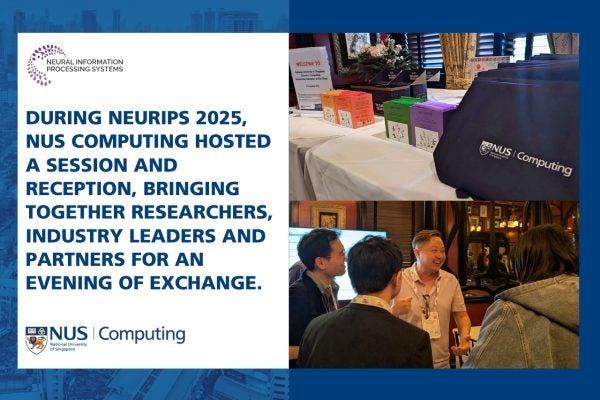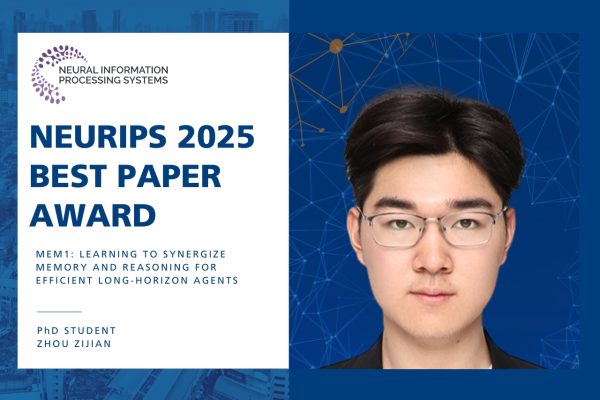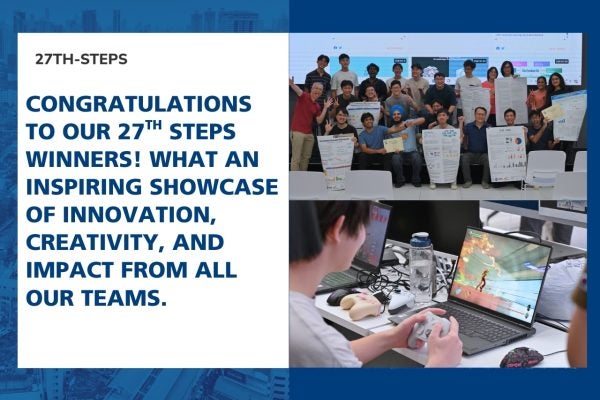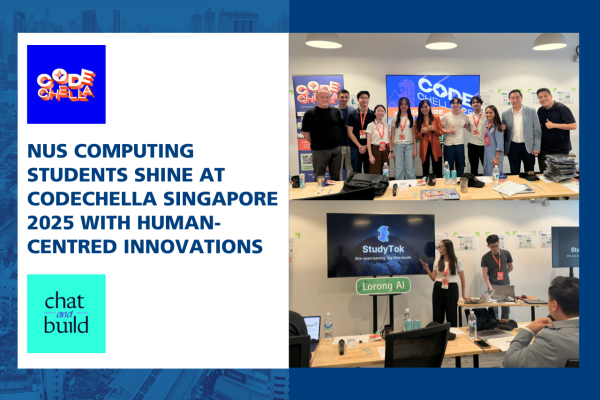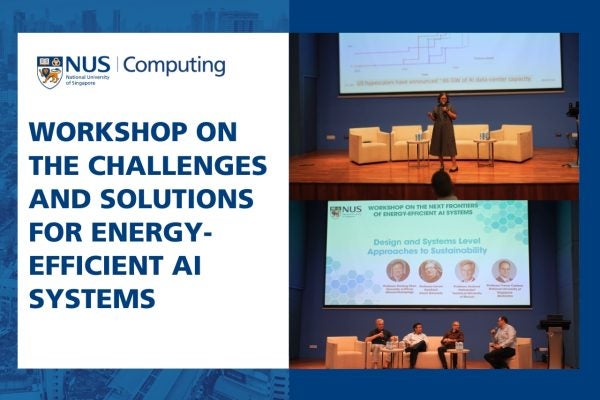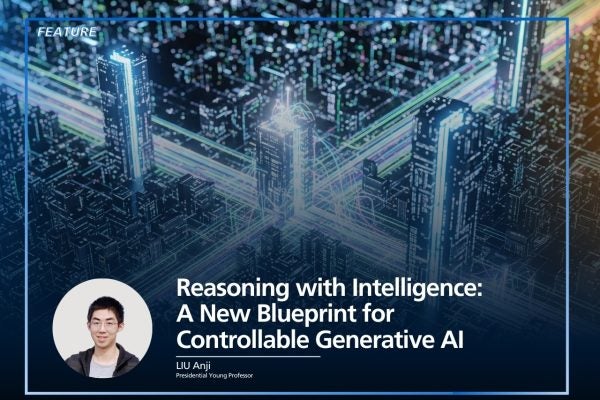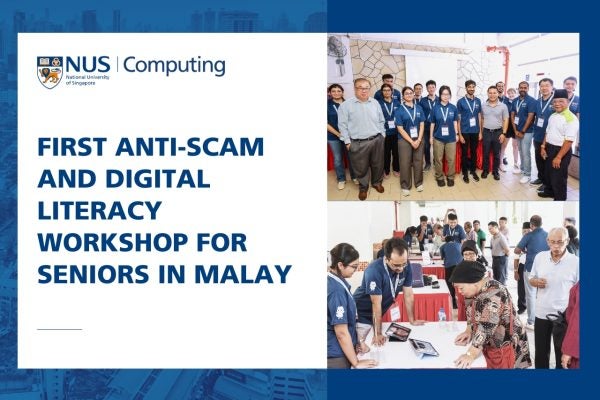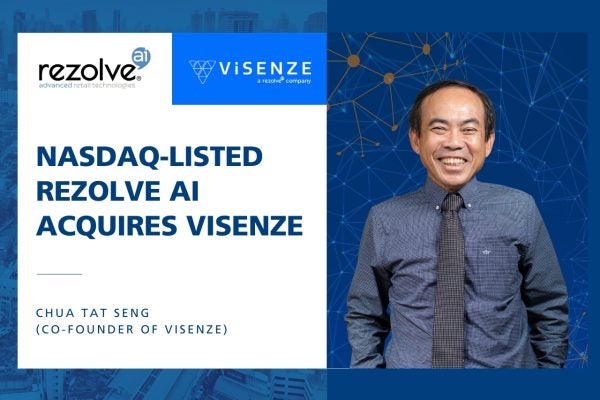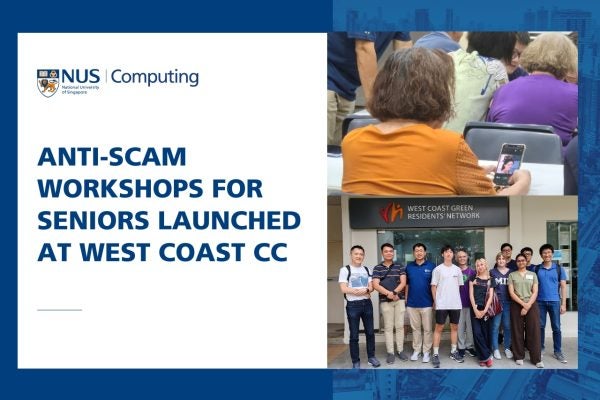Filtered by: Artificial Intelligence
On THE (Times Higher Education) Connect podcast, Professor Tulika Mitra, Dean of NUS Computing and Associate Professor Suranga Nanayakkara discussed how SoC is adapting its education and research agenda for an AI-enabled world - while keeping computing fundamentals at the core. They outlined how the refreshed curriculum builds “AI-native” capabilities (including exposure to LLMs, system design and AI safety), with AI ethics as a compulsory component for all computing students, alongside new and upcoming AI-focused programmes.
The conversation also highlighted SoC’s commitment to interdisciplinary, human-centred research through platforms such as the NUS Artificial Intelligence Institute, and partnerships with government and industry to ensure AI innovation remains socially responsible. Both speakers emphasised lifelong learning through stackable, modular pathways, and the School’s goal of developing graduates who pair technical excellence with ethics, empathy and adaptability.
On The Business Times' Thrive, Associate Professor Sharon Tan, contributed insights to an article examining whether a tech degree remains valuable in an AI-driven economy. She highlighted that strong computing fundamentals remain essential, even – and especially – in an age of AI. While AI can automate routine tasks, it cannot replace the human judgement, creativity, and critical thinking needed to design reliable, responsible, and impactful systems. Graduates who pair deep technical grounding with the ability to work confidently and thoughtfully with AI will continue to stand out in a fast-evolving industry.
On Channel 8’s Frontline, Prof Anthony Tung, AI Lead for Urban Sustainability at the NUS AI Institute in Singapore, highlighted that while AI can be a powerful tool, it inevitably comes with a margin of error and requires verification. For instance, although many believe AI can be relied on for coding and programming, mistakes often occur. Over-reliance on AI without proper oversight could disrupt company operations, which is why organisations still need professionals to review outputs and ensure programmes function correctly. Otherwise, such errors could result in wasted time and resources.
Assoc Prof Terence Sim from NUS’s School of Computing highlights the challenges posed by AI-generated voice fraud. He notes that the Singaporean accent can be harder to clone, as most AI models are trained on American or British accents. While skills such as spotting hissing, mismatched background sounds, or abrupt transitions in speech can help detect deepfake voices, he cautions that these methods are not foolproof as voice cloning technology continues to advance.
Singapore’s government is helping businesses harness AI to boost efficiency and competitiveness. Prof Anthony Tung, AI Lead for Urban Sustainability at the NUS AI Institute in Singapore, highlighted that this support is especially crucial for small and medium-sized enterprises, which face challenges such as high AI talent costs, data acquisition for model training, and energy consumption.
He expressed optimism about AI’s potential, noting that while people currently use AI to solve existing problems, future students equipped with AI tools could tackle challenges never imagined before. Prof Tung also emphasised that alongside technical skills, nurturing human qualities—imagination, creativity, values, and purpose—is essential, as these remain irreplaceable by machines.
Mr Tomithy Too, instructor for Advanced Computing for Executives at NUS’s School of Computing, emphasises the importance of organisational guidance in AI adoption: “It’s important to educate the executives, have an AI steering committee… who are responsible for some of the outcomes and security concerns.” His insights highlight NUS’s role in shaping responsible AI use and leadership in Singapore.

